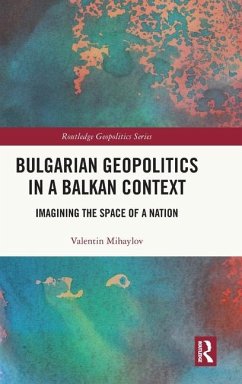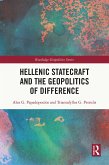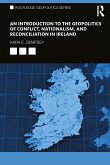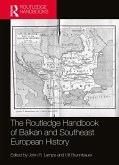This book is about the geographic space as an inseparable component of a nation's historical memory, territorial awareness, geopolitical visions, and obsessions.
The empirical part of the book focuses on the critical analysis of first-hand sources containing representations of the imagined spaces and places of Bulgaria and Bulgarians from a long-term perspective. The research results are structured in accordance with the author's model of an imagined national space. It contains three general domains: possessed national space, the ethnogeopolitical neighbourhood, and ancient and legendary spaces. The book also explores how Bulgarians' historical and ethnic spaces are linked with specific geopolitics, such as passive internal geopolitics, soft revisionism, non-intervening geopolitical claims, blocking international integration as a disguised form of old territorial claims, and emerging historical geopolitics. It examines how the imagined national space is approached by statesmen, politicians, academics, and other creators of 'high' geopolitics. The book also pays attention to the role of spatial imaginations in growing 'low' (popular) geopolitics, which includes media, popular culture, and national mythology.
Written in an interdisciplinary manner, this timely book will attract the interest of scholars and students in geopolitics, human geography, international relations, nationalism studies, and ethnic history.
The empirical part of the book focuses on the critical analysis of first-hand sources containing representations of the imagined spaces and places of Bulgaria and Bulgarians from a long-term perspective. The research results are structured in accordance with the author's model of an imagined national space. It contains three general domains: possessed national space, the ethnogeopolitical neighbourhood, and ancient and legendary spaces. The book also explores how Bulgarians' historical and ethnic spaces are linked with specific geopolitics, such as passive internal geopolitics, soft revisionism, non-intervening geopolitical claims, blocking international integration as a disguised form of old territorial claims, and emerging historical geopolitics. It examines how the imagined national space is approached by statesmen, politicians, academics, and other creators of 'high' geopolitics. The book also pays attention to the role of spatial imaginations in growing 'low' (popular) geopolitics, which includes media, popular culture, and national mythology.
Written in an interdisciplinary manner, this timely book will attract the interest of scholars and students in geopolitics, human geography, international relations, nationalism studies, and ethnic history.








